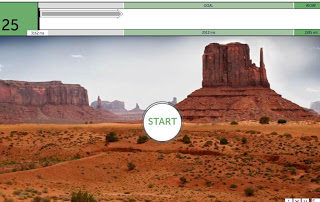A Wall Street Journal article reported on a government-funded study that found that playing Double Decision can slow and even reverse declines in brain function associated with aging, while playing crossword puzzles cannot.
Despite promising study results, WSJ reports that some doctors say there still isn’t enough evidence to prove such exercises will help people in everyday life.
The latest study on this topic, called the Iowa Healthy and Active Minds Study was a randomized controlled trial involving 681 healthy people. Participants were divided into two age groups—from 50 to 64, and 65 and over. People in each group were assigned either to play Road Tour, which has since been renamed Double Decision, or to do computerized crossword puzzles.
Double Decision briefly displays an image of a vehicle and a particular road sign. As the screen continually shifts, and assorted vehicles and road signs come and go, players must watch out for and identify the particular vehicle and sign that appeared at the game’s start. The game becomes more challenging as players advance levels.
Before beginning the study, participants were given standard cognitive tests, many involving executive-function tasks such as concentration and shifting from one mental task to another. The same tests were administered a year later. People assigned to do crossword puzzles showed typical cognitive one-year declines. But the groups who played the computer game showed a clear improvement compared with the normal loss of cognitive function as people age. The amount of improvement ranged from two to seven years.
